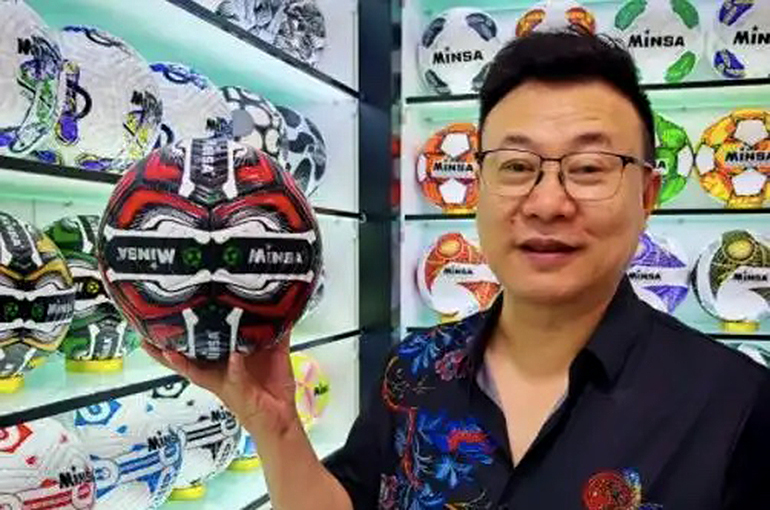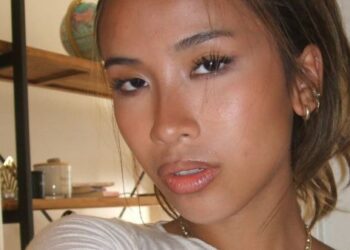Select Language:
Suppliers of sports equipment related to the 2026 North American FIFA World Cup experienced a significant increase in exports during the first seven months of this year, despite the tournament still being over nine months away.
Exports of sports gear surged by 17%, reaching CNY 6.8 billion (approximately USD 952 million) compared to the same period last year. Notably, shipments to the United States, Canada, and Mexico—the host countries—rose by 10%, totaling CNY 1.9 billion.
Manufacturers in Yiwu began sampling products for the upcoming World Cup as early as June, with an average production of 4,000 footballs daily for markets in South America and Europe.
“The peak season typically peaks in October, but this year, exports started picking up several months earlier,” explained Chen Shaomei, owner of a Yiwu-based sports ball manufacturer. She noted that July and August are usually slow months in the industry, but the anticipation of the World Cup has prompted an earlier start to the seasonal rush, especially amid broader economic challenges.
Out of the over 400 football merchants in Yiwu, Chen’s company is among the few with its own factory, storefront, and brand. The firm produces about 5,000 balls daily for global distribution, with an annual output surpassing one million units.
Industry insiders believe the upcoming months will bring even more activity. As the traditional peak season for football merchandise approaches, many expect a rise in orders next quarter, with another spike anticipated just before the start of the World Cup.
However, despite widespread sample distribution this year, the number of actual orders has not matched expectations. In 2022, during the Qatar World Cup, orders increased by 70%, with sales totaling roughly 300,000 footballs.
In contrast, the off-season for fitness equipment has been particularly sluggish, according to a merchant in Yiwu. Where daily new orders used to arrive regularly, now it’s common not to receive any. Previously, the focus was largely on exporting branded products, but now manufacturers are receiving more low-cost OEM orders.
Chinese manufacturers are adopting strategies like branding and regional customization to navigate market uncertainties. Maintaining quality remains crucial to prevent internal competition and price wars. While some companies have moved production to Southeast Asia to cut costs, Chen has decided to continue investing in her brand and remains committed to producing in Yiwu to ensure high quality.
She explained that conditions in regions like the Middle East and Africa aren’t as favorable as in Europe and North America, with many people playing on dirt or soil fields, necessitating highly durable balls that can withstand heavy use. To enhance durability, her company uses leather that costs more than twice as much as standard materials, resulting in higher-priced products.
Additionally, Chen is continuously developing new designs, colors, and price ranges to cater to diverse regional demands. This year, she plans to segment some of her previous price tiers into more affordable options, enabling her to serve a broader range of customers while maintaining quality standards.
Another Yiwu merchant, Jia Yingling, has increased her presence at international trade shows and has tailored her product lines to align with market demand. She mentioned that she used to avoid manufacturing or selling low-end products, but now she can produce them selectively if new clients request such items.
The 2026 World Cup is scheduled to take place from June 11 to July 19 across 16 cities in the United States, Canada, and Mexico. FIFA announced yesterday that ticket sales will begin on September 10.







